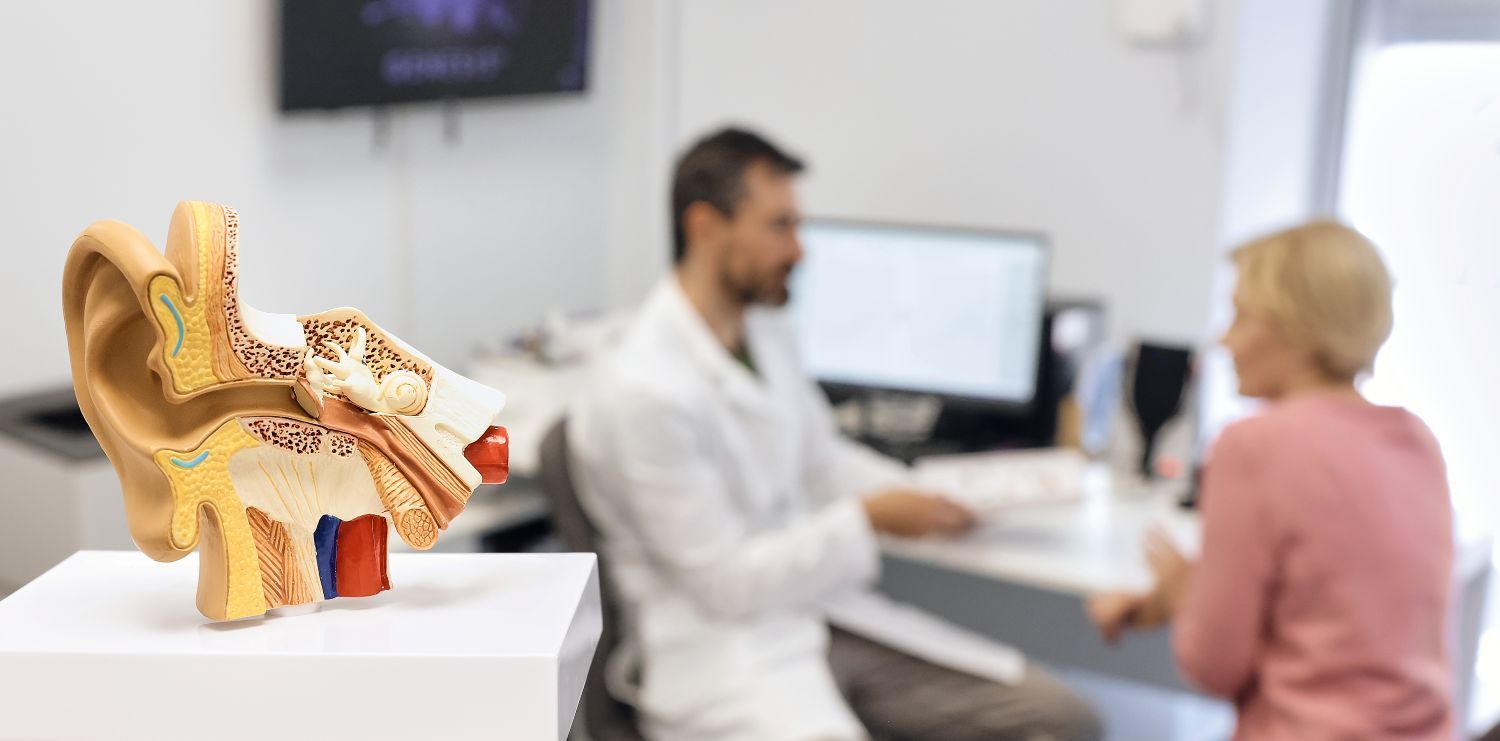Struggling with Chronic Rhinitis? How Radio Frequency Ablation Can Help
Do you constantly feel like you have a cold that never goes away? Or do you have a stuffy, runny, or itchy nose that just won’t quit no matter how many allergy meds or nasal sprays you try? If so, you might be dealing with chronic rhinitis, a persistent inflammation of the nasal passages that can make everyday life frustrating.
The good news? If medications haven’t worked for you, there’s a minimally invasive treatment called Radio Frequency Ablation (RFA) that can provide long-lasting relief. Let’s break down what it is, how it works, and whether it might be the right solution for you.
What Is Chronic Rhinitis?
Chronic rhinitis is inflammation of the nasal passages that lasts for weeks, months, or even years and leads to symptoms like:
- Constant nasal congestion or runny nose
- Postnasal drip (that annoying mucus trickle down your throat)
- Sneezing and itchy nose
- Reduced sense of smell
Common causes include:
- Allergies (pollen, dust, pet dander)
- Nonallergic triggers (weather changes, strong odors, smoke)
- Overuse of nasal decongestant sprays (rebound congestion)
- Hormonal changes (pregnancy, thyroid issues)
If antihistamines, steroid sprays, or lifestyle changes haven’t helped, your ENT doctor might suggest a more advanced treatment—like Radio Frequency Ablation.
What Is Radio Frequency Ablation (RFA)?
Radio Frequency Ablation is a minimally invasive procedure that uses controlled heat energy to shrink overactive nasal tissues responsible for congestion. Using controlled radio waves, the doctor targets specific areas inside your nose to shrink swollen tissue and improve airflow.
How Does It Work?
A small probe delivers radio frequency energy to the affected nasal tissue. This energy gently heats and shrinks the tissue without damaging surrounding areas. Over time, this reduces congestion and allows for better breathing.
Benefits of Radio Frequency Ablation for Chronic Rhinitis
- Minimally invasive: Usually performed in a doctor’s office with local anesthesia
- Quick procedure: Often completed within 30 minutes
- Minimal downtime: Most patients return to normal activities within a day or two.
- Long-lasting relief: Many people experience significant improvement in symptoms for months or even years.
- Improves quality of life: Better breathing means better sleep, less fatigue, and more comfort during daily activities.
Who Is a Good Candidate for RFA?
You might be a candidate if:
- Medications (nasal sprays, antihistamines) haven’t helped enough.
- You have chronic congestion that affects sleep, exercise, or daily life.
- You want a quick, low-risk procedure (done in-office in under 30 minutes).
- You’d like to avoid more invasive sinus surgery.
It is NOT recommended for severe structural issues (like a deviated septum) that may need surgical correction.
What to Expect: Before, During, and After RFA
Before the Procedure
- Your ENT will review your symptoms and may do a nasal exam.
- Stop blood-thinning medications (if advised by your doctor).
During the Procedure
- Done in-office—no hospital stay needed
- Mild discomfort (like pressure in the nose), but not painful
- Over in 15–30 minutes
Recovery & Results
- First few days: Mild congestion or crusting is normal. Saline rinses help.
- First and second weeks: Gradual improvement as swelling decreases
- Full results in four to six weeks: Many patients breathe easier for years.
Alternatives to Radio Frequency Ablation (RFA)
If RFA isn’t the best fit for your condition, other options include:
- Balloon Sinuplasty: A minimally invasive procedure designed to relieve sinus-related congestion by gently widening blocked sinus passages
- Turbinate Reduction Surgery: A more invasive option that reduces the size of enlarged turbinates, often recommended for severe or persistent nasal obstruction
- Ongoing Medical Therapy: For milder symptoms, continued use of medications such as nasal sprays, antihistamines, or decongestants may help manage your condition effectively.
Nose and Sinus Specialists in Connecticut
If you’re experiencing chronic nasal congestion in Connecticut, the ENT Medical and Surgical Group offers expert care from experienced nose and sinus specialists. They provide advanced treatments, including Radio Frequency Ablation (RFA), to effectively reduce nasal tissue swelling and improve breathing. Whether you’re struggling with persistent symptoms or seeking minimally invasive solutions, their team is dedicated to helping you find lasting relief and better nasal health.













